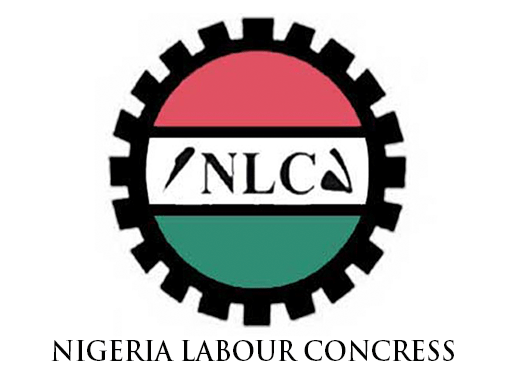The Nigeria Labour Congress (NLC) has urged the Federal Government of Nigeria to consider options to help the nation embrace developmental governance and accountable leadership while rejecting the planned petroleum price increase.
Comrade Ayuba Wabba, the NLC President, made the call in a statement he issued to journalists in Abuja entitled:” Nigerian workers refused to take the bait”.
According to Wabba, Malam Mele Kyari, the Group Managing Director, Nigerian National Petroleum Corporation (NNPC), announced that petrol could cost as much as N340 from February 2022.
He described as “comical “the bait by the federal government to pay forty million Nigerians N5,000 as palliative, to cushion the effect of the astronomical increase in the price of petrol.
Wabba said that the total amount involved in what he called the “queer initiative” was far more than the money the federal government claimed to spend currently on fuel subsidy.
He said, “The NNPC GMD said that the price increase would be consequent on the plans by the Federal Government to remove subsidy on Premium Motor Spirit, also commonly referred to as petrol or fuel.
“The grand optimism of the NNPC GMD was predicated on the claims that the removal of fuel subsidy is now backed by an act of parliament, probably the Petroleum Industry Act which was recently signed into law.”
Wabba added that the Minister of Finance, Budget and National Planning, Mrs Zainab Ahmed, re-echoed the same on Tuesday at the launch of the World Bank’s Nigeria Development Update (NDU).
He noted that the minister announced the government’s plans to disburse N5000 to 40 million poorest Nigerians each as a transport grant to cushion the effect of the planned removal of the fuel subsidy.
Wabba said the disclosures by Kyari and Ahmed were in symphony with the positions of the World Bank and the International Monetary Fund (IMF), which called on the Federal Government to do away with fuel subsidies.




